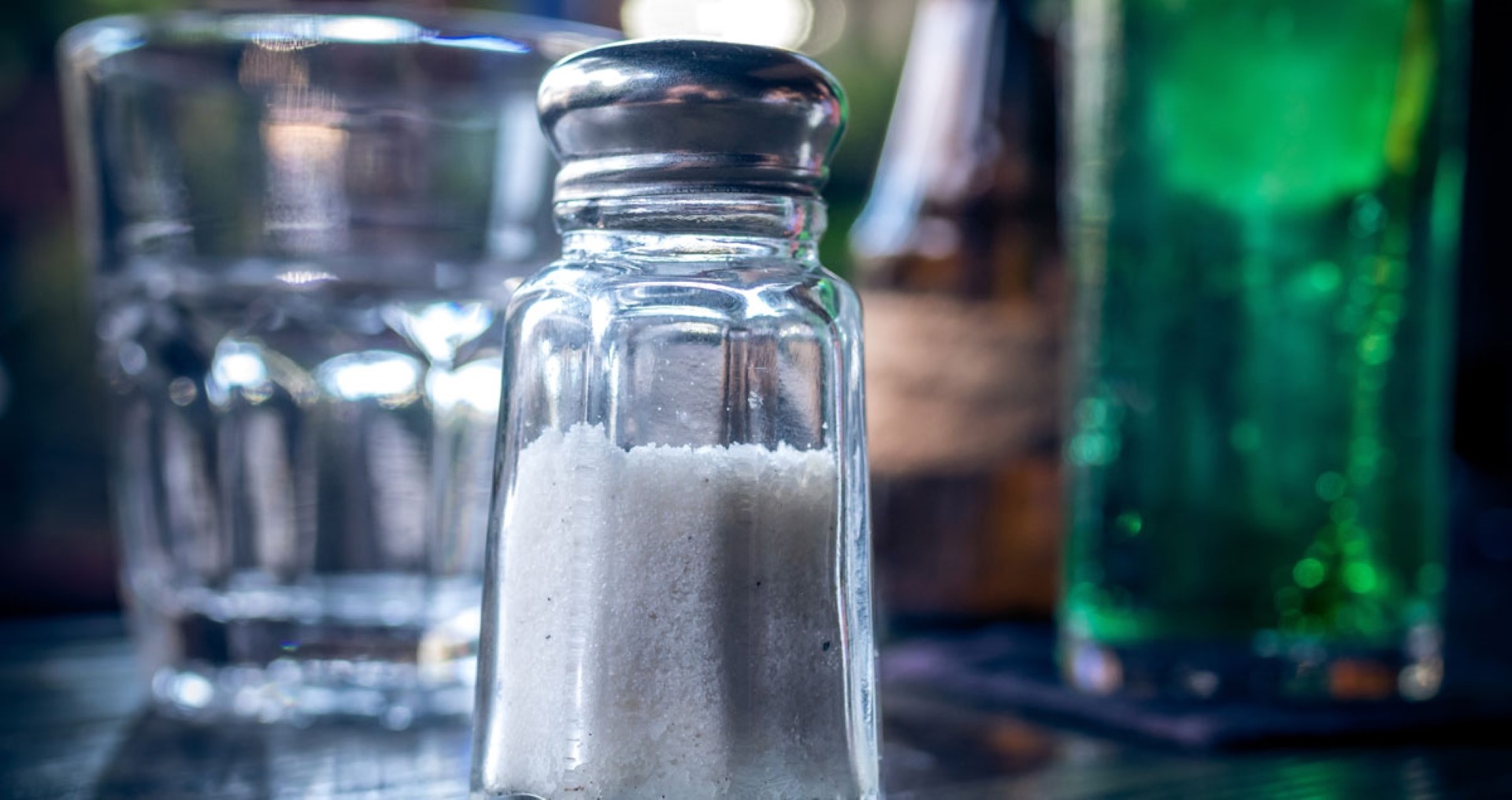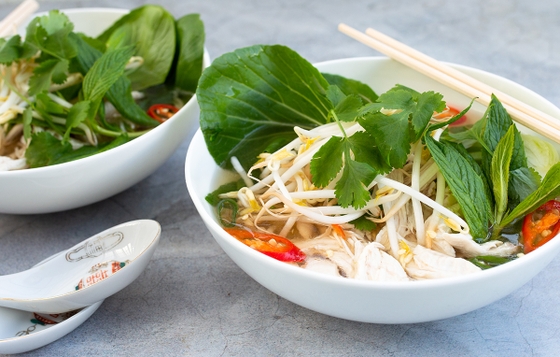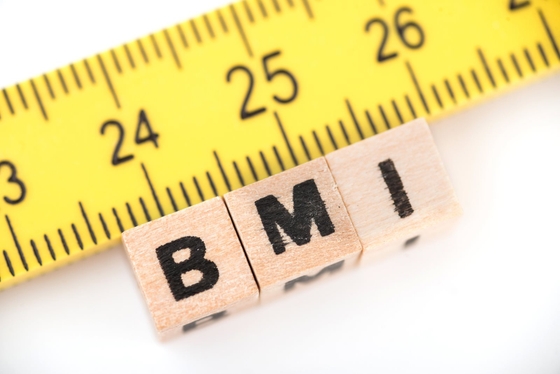
Why are you playing this game? It’s putting your heart at risk.
Blog: 24 April 2020
The game is “hide and seek”. You play it without even realising. The shock is that when you play this game, you could be placing your heart health at risk.
We’re all playing hide and seek with salt. Every day most Australians eat nearly twice the recommended daily intake of salt.
Eating salt increases the level of sodium in your diet. Over time, a high level of sodium in your blood can increase your risk of developing high blood pressure. The danger is when your blood pressure is too high for too long; you could be at major risk for developing heart disease.
So, what should you do? Eating less salt can be a challenge because salt is “sneaky” :
Seventy-five percent of the salt we eat comes from processed and packaged foods. You may not realise how much salt is in the foods you eat because many of them don’t taste salty."
This Salt Awareness Week discover ways to win the most important game of hide and seek you could ever play. Salt Awareness Week ran from Monday, 9 March – Sunday, 15 March; the theme for 2020 was ‘Hide and Seek’. You can act today to beat salt in a real-life game of hide and seek. Here’s how:
Discover the secrets of food labels
Almost all packaged foods in Australia need to have a Nutrition Information Panel on the packet. By reading the information panel, you can uncover how much salt is the food you want to buy.
When you read this panel, it’s important to remember that the salt content of food is listed as “sodium”.
The next secret is understanding how much salt is in certain foods and how to compare this to other products. When reading the label to choose between two sauces, for example, always check the “per 100g” column. To pick a product that is “low salt”, go for one that has less than 120mg of sodium per 100g. If you can’t find a suitable product with this level of sodium, look for something with less than 400mg of sodium per 100g; this level is also appropriate.
Spot salt that sneaks into sauces
We all love to save time when we’re cooking, especially on a weeknight, right after we get home from work or study. To help speed things up, you might have a few bottles of pasta sauce or pesto in the cupboard to jump start your cooking.
However, not all sauces were created equal! Some pasta sauces can have up to 90 times the amount of salt of their competitors! That’s not a winning result when you’re looking to cook a quick, easy and healthy meal.
We all face pressures of time and work-life balance, which means that it’s more than OK to have a few time-saving hacks up our sleeves. Plus, home cooking is usually healthier than high salt takeaway foods. Remember the advice we shared above: always read the label when picking up a few bottles for your stash of sauces.
Peer into the perils of packaged foods
We know that packaged foods can help you save time, and they give you quick and easy access to something to eat when your tummy unexpectedly starts to rumble. Packaged foods are often on hand at school or work, or when we head out for a day trip or to a sports game. Just like the other foods mentioned in this blog, these foods, including healthy-looking dips and cheeses, can be made with too much salt.
To avoid the salt in packaged foods, the best option is often in choosing healthy, fresh alternatives like unsalted nuts or fresh fruits and vegetables.
Even more ways to swap the salt
Discover heart-healthy and delicious recipes for breakfast, lunch, dinner and snacks. Next time you play hide and seek with salt, play to win! Your heart will thank you for it.
You might also be interested in...

6 delicious and healthy soups
These healthy soup recipes are packed full of goodness but they also pack a punch when it comes to flavour.

What’s your body mass index (BMI)?
Body mass index, or BMI, gives an indication of your body size. Along with several other factors, like your blood pressure and cholesterol, BMI can help estimate your risk of a heart attack or stroke.

Women and heart disease
Information and resources for healthcare professionals.
Last updated24 April 2020